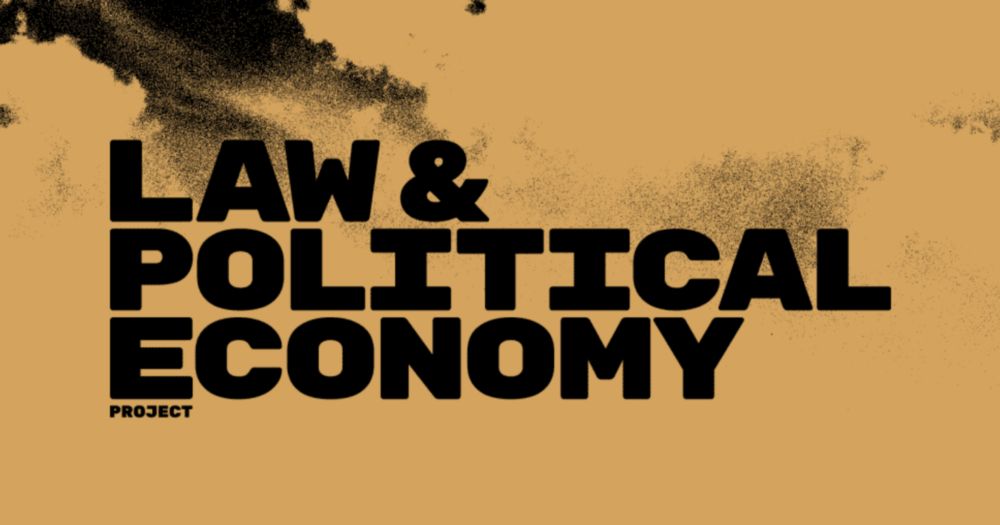Sam Thorpe
@samthorpe.bsky.social
4.2K followers
530 following
320 posts
Researching the economics of inequality, tax, and industrial policy. Formerly federal fiscal policy @ Brookings; research + organizing @ UChicago.
Posts
Media
Videos
Starter Packs
Reposted by Sam Thorpe
Reposted by Sam Thorpe
Reposted by Sam Thorpe
Reposted by Sam Thorpe









